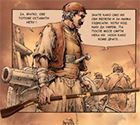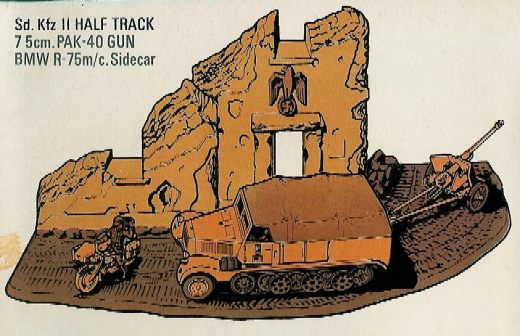Jaques wrote: A question for Germans friends:
In the teaching of German history, was the modification of the telegram decisive for the War of 1870 ?
.
The "Emser Depesche" in the true sense of the word is an internal government telegram dated July 13, 1870, in which the diplomat Heinrich Abeken informed the North German Chancellor Otto von Bismarck in Berlin about the events in Bad Ems. The Chancellor then informed the press about the events. This press release is sometimes confused with the actual dispatch, because Bismarck largely reused the wording of the dispatch. The press release led to outrage in France and is considered to have triggered the Franco-Prussian War.
In 1867 the North German Confederation was founded, a federal state under Prussian leadership. France under its Emperor Napoleon III saw the new state as a competitor for supremacy in Europe. This situation led to several diplomatic crises, such as the question of succession to the throne in Spain.
Napoleon III and his government vehemently rejected Leopold, a prince from the House of Hohenzollern. Head of this dynasty was the Prussian king. Because of the sharp reaction from France, Leopold renounced his candidacy. This was not enough for the French government: Their ambassador Vincent Benedetti travelled to the spa town of Bad Ems and spoke several times with King William I. The King was to rule out a new candidacy of Hohenzollern for all future. Wilhelm politely refused such a promise.
Abeken, Bismarck's assistant to the King in Bad Ems, informed the Chancellor in distant Berlin of this. His Emser Dispatch also included Wilhelm's wish to inform the press of his contact with the French ambassador. In his press release, Bismarck described the contact as particularly brusque. The French public reacted to the publication of the dispatch with the indignation calculated by Bismarck. However, Benedetti and his depiction were met with hostility. In any case, Bismarck's account could give the impression that Prussia considered France's demand, which had to appear fair to the French public, to be impertinent and brusquely rejected it.
Nevertheless, caution is certainly advised against identifying in Bismarck's depiction, and especially in its form, the only trigger for war, for example to the effect that France "according to the ideas of honour at that time" could not have responded otherwise than by declaring war, in order not to lose face or the like. Even without Bismarck's publication, the question would have been how the French government should have reacted to the rejection of its demand for a future potential Spanish candidate for the throne.
The threat of war was still in the air and was also meant seriously, not least because the French drastically misjudged their chances of success in the event of war. However, since the French public was not yet aware of the new demand, there would have been the possibility of accepting this failure in silence. This way was blocked by Bismarck's press release and also the possibility to somehow embellish the presentation.
On 16 July, the French legislature approved funding for a war with only six votes against. On July 19, 1870, the French Foreign Minister informed the Prussian ambassador in Paris that France considered itself to be in a state of war.












 Verified member from Hagen Miniatures (Sponsor)
Verified member from Hagen Miniatures (Sponsor)


 Supporting Member (Gold)
Supporting Member (Gold) 










 Supporting Member (Gold)
Supporting Member (Gold) 

 Love it ...
Love it ... 


 Supporting Member (Bronze)
Supporting Member (Bronze)